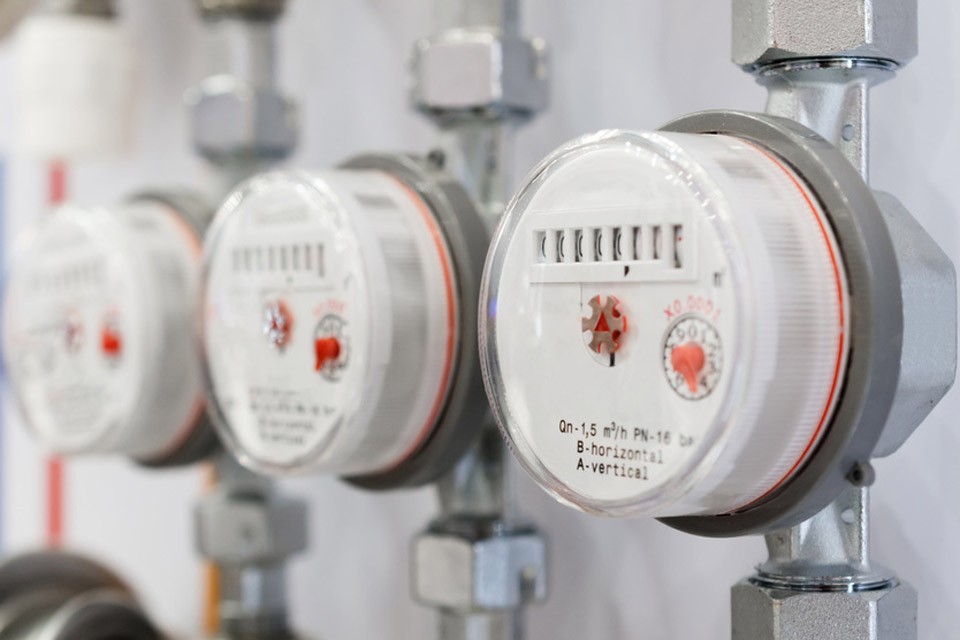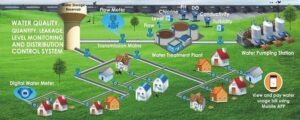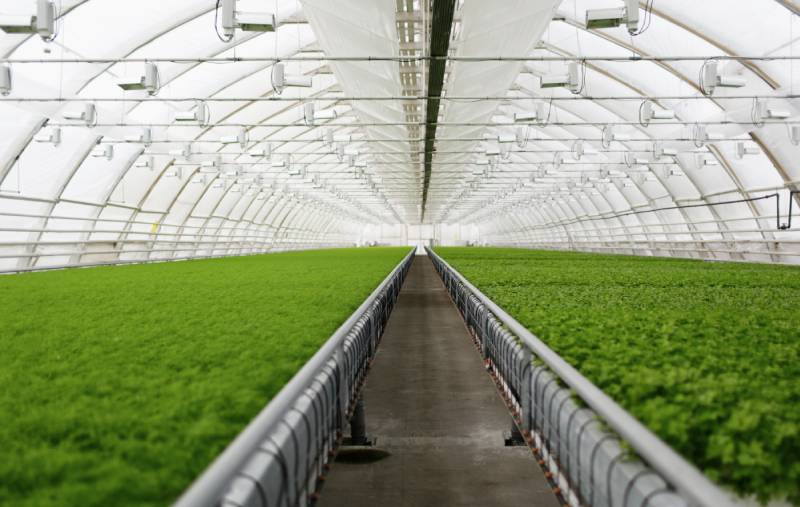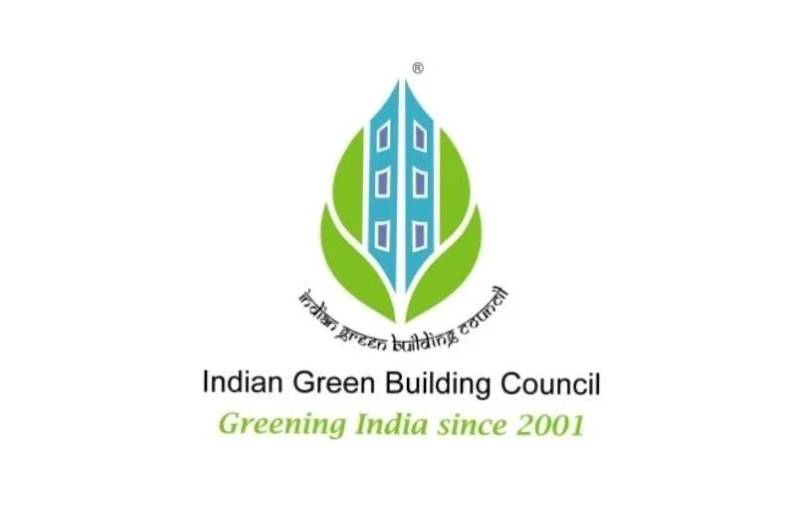Water
Water metering
22nd December 2021


Water metering is an intelligent way to understand water usage in a household or commercial building. While rainwater harvesting and desilting water bodies are undoubtedly important steps for water conservation, metering water will make people responsible, more cautious in usage and bring down wastage to a large extent.
Environmental Benefits :
It helps in demand management and water conservation, which can in turn help reduce water consumption and consequently energy utilized in transportation.
Socioeconomic benefits :
Reduces private costs. It further helps to locate and fix leakages in the system, minimizing water loss.
There are different types of water meters available commercially. Mechanical meter readings are noted manually whereas smart metering allows to automatically collect the consumption data, eliminates manual meter reading, improves efficiency, and save costs. It also provides an option to detect leaks and abnormal consumption more effectively than manual methods.
Positive Displacement :
It’s a mechanical system. There are common water meters for residential and small commercial buildings which collect data manually.
Electromagnetic Flow Meter :
It is mainly used in commercial and industrial buildings which is worked based on the magnetic field.
Multi-jet Flow Meter :
They are very accurate in small size and are commonly used up to 2inch sizes for residential and small commercial users.
Turbine Flow Meter :
These are commonly used in large commercial distribution system. These are available for 1” to 12” or higher pipe sizes.
Ultrasonic Flow Meter :
These meters work based on sound waves which comes from flowing water.
IoT enabled Ultrasonic Water Sensors :
Since they do not have any moving parts, they are IoT enabled, and send data to the cloud in real time. The real time data generated by the sensors are processed in the cloud, accurate and reliable consumption data is made available for the end users.
Smart Water Meters Allow for Faster Data Collection
Implementing smart metering infrastructure allows utility companies to collect data faster and more efficiently. Industry leaders are helping water utilities stay responsive, lean and resourceful by deploying smart metering systems to replace outdated, labor-intensive processes.
Remote Metering – Increases operational efficiency by wirelessly measuring usage data in dense urban environments, indoors and underground without the need to check each device manually, eliminating manual meter reading errors.
Leak Detection – It measures water pressure and flow through piping networks to detect faulty points instantly.
Pressure Monitoring – By wirelessly monitoring pressure and usage data, remote monitoring systems reduce energy bills by up to 25% of the water production cost.
Reduces Waste – Monitors the total water footprint in real-time and provides usage data that incentivizes utility customers to boost efficiency and accelerate sustainability efforts.
Data-Driven Decision Making – Accessing and analyzing massive amounts of information enables actionable insights and intelligent decision making across utility operators and the end-user.
RECOMMENDED

Welcome to the captivating realm of symbiotic farms, where nature's harmony and sustainable practices intertwine....

In India's pursuit of a greener future, the Indian Green Building Council (IGBC) has established rigorous standards for sustainable buildings. ...

Chennai, a vibrant coastal city in India, has been grappling with recurring flood events during cyclonic storms. ...